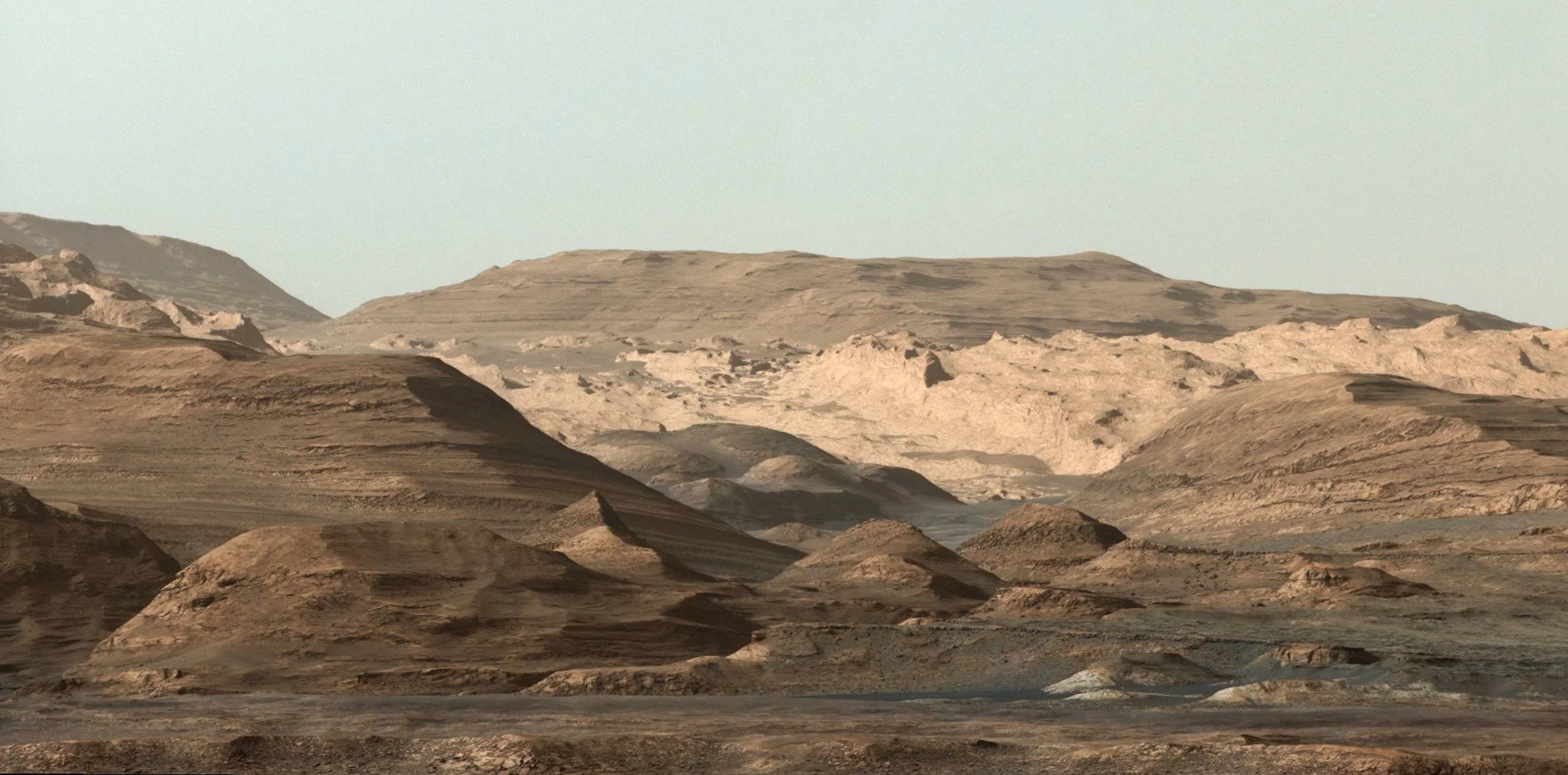Researchers pointed a new instrument at the ramous Ring Nebula
The cosmos is filled with invisible dark matter and scientists may finally be on the verge of detecting it
When darkness shines: How dark stars could illuminate the early universe
A nearby supernova could help explain why Earth-like planets may be more common than we thought
A young solar system does not just build planets from dust and gas. It can also be shaped by what happens nearby, including the death of a massive star. New research suggests that a supernova at the right distance could quietly change a planet’s ingredients from the start, and that this setup may be more common than scientists once assumed.

